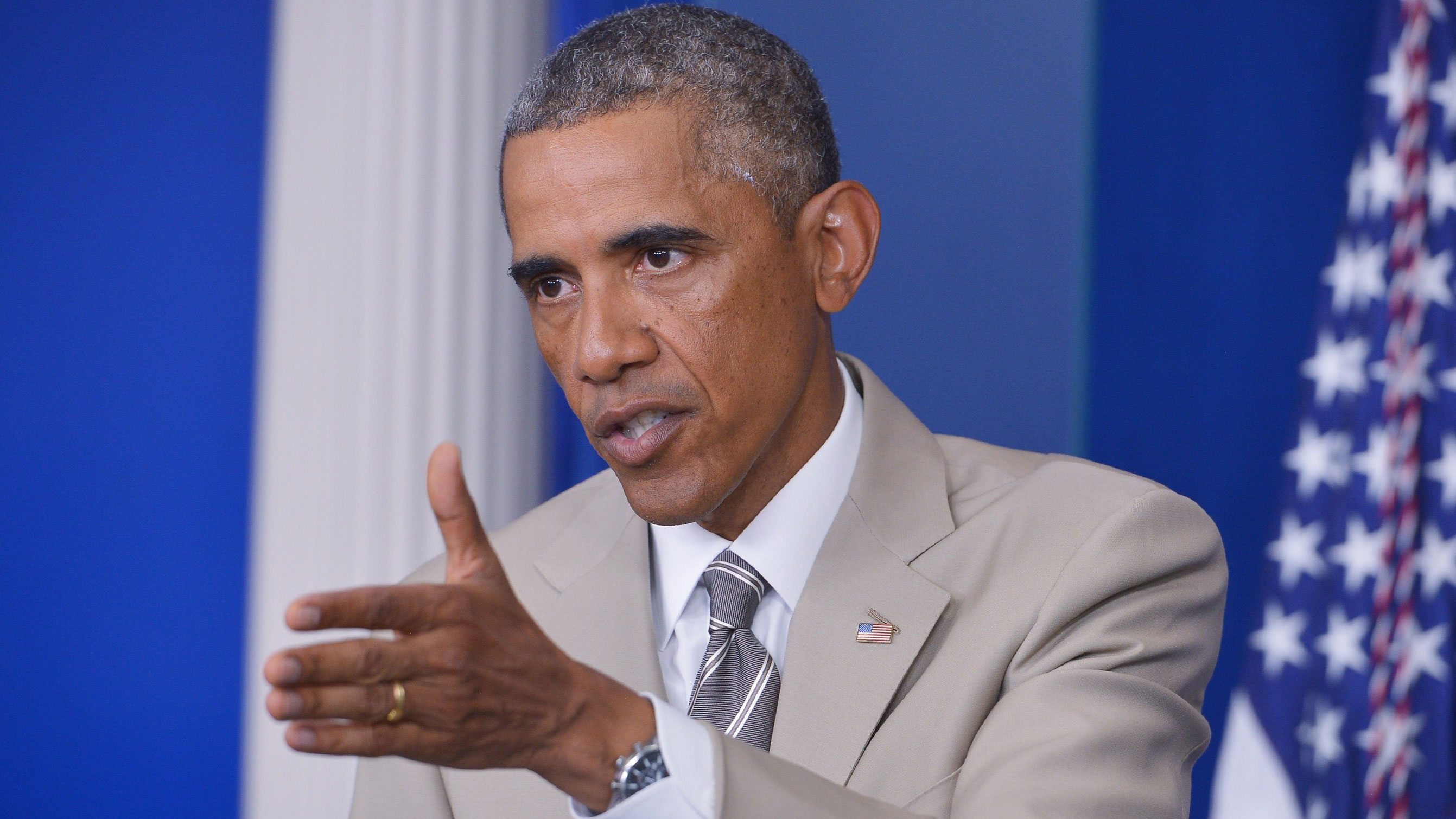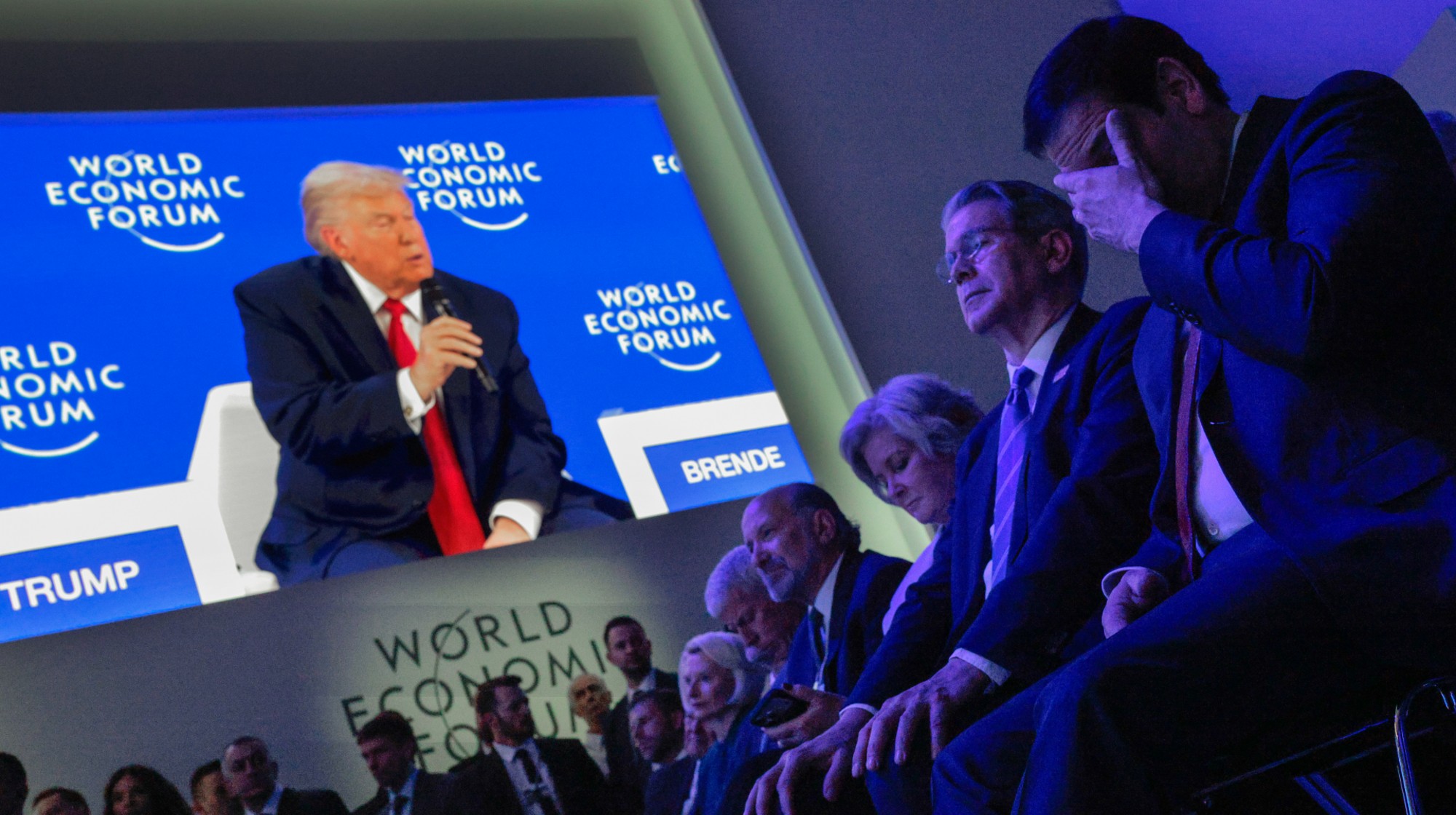Ukraine: Nato to meet amid claims of Russian invasion
The Ukrainian government says its forces are now fighting Russian troops, not Russian-backed separatists

A free daily email with the biggest news stories of the day – and the best features from TheWeek.com
You are now subscribed
Your newsletter sign-up was successful
Emergency meetings have been called by Nato, the United Nations and the European Union after Kiev accused Moscow of a de facto invasion and Barack Obama said Russia was engineering the violence in Ukraine.
The US president said that fighting was not the result of an internal uprising, but of "deep Russian involvement", the BBC reports. President Poroshenko of Ukraine accused Russia of sending troops and armoured vehicles to fight in the southeast of his country.
The US national security council will meet at the White House and Nato and EU leaders will also discuss their options later today. An emergency session of the UN Security Council has been convened.
The Week
Escape your echo chamber. Get the facts behind the news, plus analysis from multiple perspectives.

Sign up for The Week's Free Newsletters
From our morning news briefing to a weekly Good News Newsletter, get the best of The Week delivered directly to your inbox.
From our morning news briefing to a weekly Good News Newsletter, get the best of The Week delivered directly to your inbox.
Russia denies that it has sent any troops to eastern Ukraine, but Nato said that satellite photographs released yesterday showed that Russian armoured vehicles and artillery had been moving across the border from Russia into Ukraine for up to a week, The Guardian reports.
Speaking at a news conference in Washington, Obama pointed the finger at Russia's role in a conflict that has killed more than 2,000 people. "There is no doubt that this is not a home-grown, indigenous uprising in eastern Ukraine," he said.
"The separatists are trained by Russia, they are armed by Russia, they are funded by Russia. Russia has deliberately and repeatedly violated the sovereignty and territorial integrity of Ukraine and the new images of Russian forces inside Ukraine make that plain for the world to see."
However, Obama repeated that there would be no American military response to the latest developments.
A free daily email with the biggest news stories of the day – and the best features from TheWeek.com
Ukraine's prime minister, Arseny Yatsenyuk, asked the EU and US to put a freeze on Russian assets. Angela Merkel, the German chancellor, said the EU would discuss its response to the accusations at a summit this weekend and hinted at the possibility of further sanctions.
The Ukrainian military confirmed that its soldiers had been forced to withdraw from Novoazovsk to defend the strategically important coastal town of Mariupol. Ukraine insisted that its forces are now fighting "Russian troops" rather than pro-Russian separatists along the country's southeastern coast.
-
 6 of the world’s most accessible destinations
6 of the world’s most accessible destinationsThe Week Recommends Experience all of Berlin, Singapore and Sydney
-
 How the FCC’s ‘equal time’ rule works
How the FCC’s ‘equal time’ rule worksIn the Spotlight The law is at the heart of the Colbert-CBS conflict
-
 What is the endgame in the DHS shutdown?
What is the endgame in the DHS shutdown?Today’s Big Question Democrats want to rein in ICE’s immigration crackdown
-
 Putin’s shadow war
Putin’s shadow warFeature The Kremlin is waging a campaign of sabotage and subversion against Ukraine’s allies in the West
-
 Epstein files topple law CEO, roil UK government
Epstein files topple law CEO, roil UK governmentSpeed Read Peter Mandelson, Britain’s former ambassador to the US, is caught up in the scandal
-
 Iran and US prepare to meet after skirmishes
Iran and US prepare to meet after skirmishesSpeed Read The incident comes amid heightened tensions in the Middle East
-
 Grok in the crosshairs as EU launches deepfake porn probe
Grok in the crosshairs as EU launches deepfake porn probeIN THE SPOTLIGHT The European Union has officially begun investigating Elon Musk’s proprietary AI, as regulators zero in on Grok’s porn problem and its impact continent-wide
-
 Israel retrieves final hostage’s body from Gaza
Israel retrieves final hostage’s body from GazaSpeed Read The 24-year-old police officer was killed during the initial Hamas attack
-
 China’s Xi targets top general in growing purge
China’s Xi targets top general in growing purgeSpeed Read Zhang Youxia is being investigated over ‘grave violations’ of the law
-
 Panama and Canada are negotiating over a crucial copper mine
Panama and Canada are negotiating over a crucial copper mineIn the Spotlight Panama is set to make a final decision on the mine this summer
-
 Trump backs off Greenland threats, declares ‘deal’
Trump backs off Greenland threats, declares ‘deal’Speed Read Trump and NATO have ‘formed the framework for a future deal,’ the president claimed